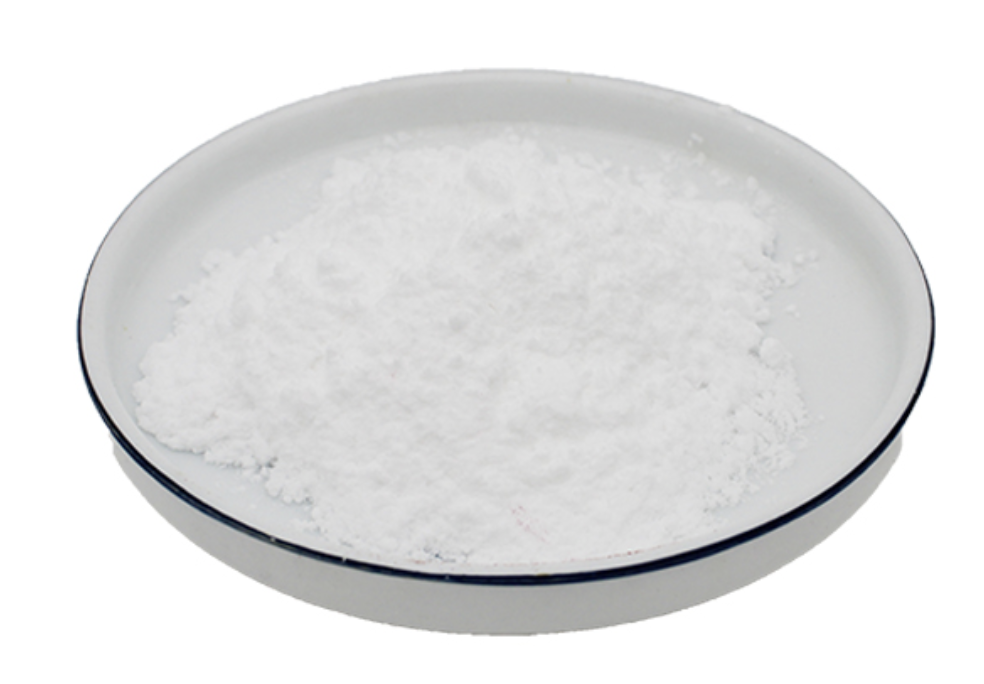Testolactone Acetate blocks the production of the hormone estrogen. Certain types of breast cancer require estrogen to grow.Testolactone is used to treat some types of breast cancer.Testolactone may also be used for purposes other than those listed in this medication guide.
Testolactone Acetate is a synthetic anti-neoplastic agent that is structurally distinct from the androgen steroid nucleus in possessing a six-membered lactone ring in place of the usual five-membered carbocyclic D-ring. Despite some similarity to testosterone, Testolactone has no in vivo androgenic effect. No other hormonal effects have been reported in clinical studies in patients receiving Testolactone.
Testolactone Acetate is classified as an antineoplastic agent, which means that it stops or slows the growth of malignant cells. One advantage of testolactone is that, although it is related to testosterone, it does not cause women to develop male characteristics such as a deep voice or facial hair.
Testolactone Acetate is related to the male hormone testosterone. The way in which it inhibits the growth of breast cancer cells is not clear. No entanto, it is known that the hormone estrogen stimulates the growth of some breast cancer cells, and testolactone seems to interfere with estrogen production. The resulting reduction in estrogen levels may slow the growth of breast cancers sensitive to this hormone.
In breast cancer, Testolactone Acetate is a palliative treatment. This means that it helps relieve symptoms, but does not cure the cancer. It is effective only in about 15% of the women who take it. In these women, however, it helps reduce the size of half or more tumors. Normally testolactone is used along with other chemotherapy drugs for fighting advanced breast cancer.
Testolactone comes as a 50 mg tablet. The dose will depend on the patient's body weight and her general health, as well as other drugs she may be taking. No entanto, a standard dose is 250 mg (5 tablets) four times a day for three months. It takes at least several weeks before the drug begins to be effective.






















